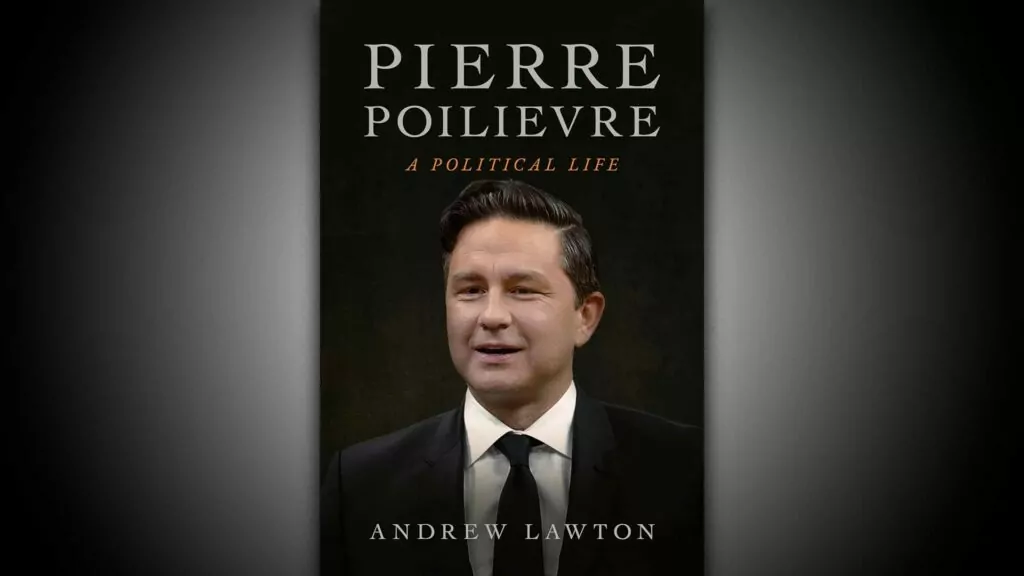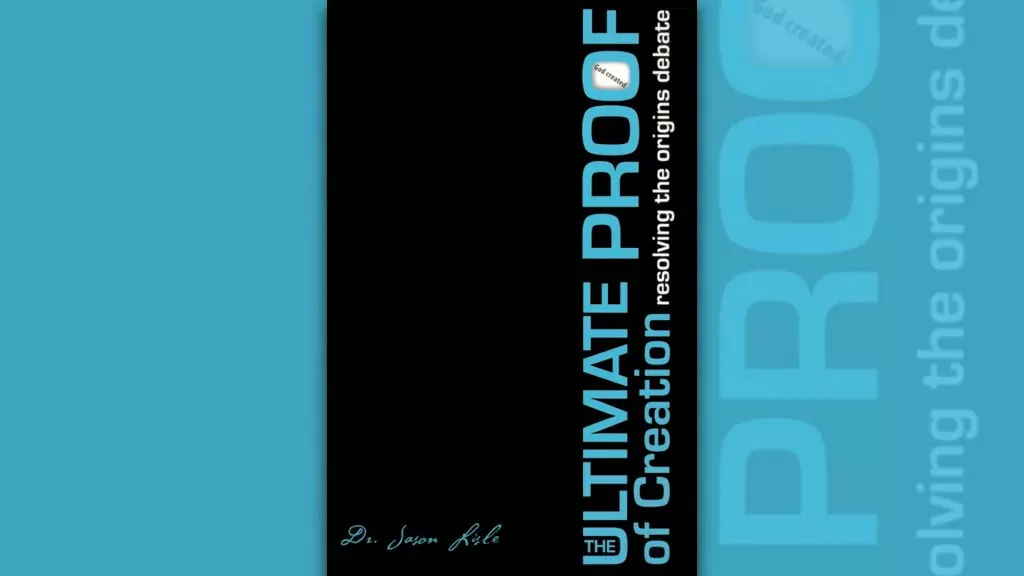Fast Company is a secular business magazine, as likely to pass on presentation tips from industry leaders as it is to pass on marketing tips from drag queens so this isn’t the first place you’d look to find a defense of Sabbath rest. But there it was in a Sept. 14, 2018 piece titled: “Let’s bring back the Sabbath as a radical act against the always-on economy.”
The author, William Black does overlook the core of Sabbath rest – there’s nothing in this article about taking our rest in the Lord, and coming together to worship Him. But because God’s Law is written on our hearts (Romans 2:14-15), even unbelievers can recognize that Law’s validity, at least in part.
A practical case for the Sabbath
Black began his article by pointing to the religious roots of the commandment, but he certainly wasn’t making a religiously-based appeal for it. Implicit in his argument was that, despite how “the commandment smacks of obsolete puritanism,” there was still something radical and vital about it.
“When taken seriously, the Sabbath has the power to restructure not only the calendar but also the entire political economy. In place of an economy built upon the profit motive – the ever-present need for more, in fact the need for there to never be enough – the Sabbath puts forward an economy built upon the belief that there is enough.”
In a materialistic world, whose gods include “career advancement” and “more take-home pay” there’s no end of the work that can be done to earn the gods’ favor. Enough is never enough, because extra work can help you advance further and faster, and help you earn more. In that kind of world, the idea of taking one day off every week is not only radical, but downright blasphemous – such a break can only be enjoyed by those who recognize the materialistic gods are not worth giving our full devotion.
Black continues by sharing how Sabbath rest was a benefit for the whole community:
“The fourth commandment presents a [G]od who, rather than demanding ever more work, insists on rest. The weekly Sabbath placed a hard limit on how much work could be done and suggested that this was perfectly all right; enough work was done on the other six days. And whereas the pharaoh relaxed while his people toiled, Yahweh insisted that the people rest as Yahweh rested: ‘For in six days the Lord made heaven and earth, the sea, and all that is in them, but rested the seventh day; therefore the Lord blessed the Sabbath day and consecrated it.’
“The Sabbath, as described in Exodus and other passages in the Torah, had a democratizing effect. Yahweh’s example – not forcing others to labor while Yahweh rested – was one anybody in power was to imitate. It was not enough for you to rest; your children, slaves, livestock, and even the ‘aliens’ in your towns were to rest as well. The Sabbath wasn’t just a time for personal reflection and rejuvenation. It wasn’t self-care. It was for everyone.”
While Black repeatedly mentions the Jewish origins of Sabbath rest, his is still a secular case for the command. He’s touting the practical benefits, and not that this is God’s authoritative command. Black may or may not be a Christian himself, but his approach – praising God’s Law, without praising the Lawmaker – is one Christians commonly take. Whether it’s abortion, sex-ed curriculums, or refusing to bake cakes for same-sex marriages, Christians regularly argue for the godly position while avoiding any mention of our God.
Without God the argument fails
We do that for tactical reasons – the world’s not interested in God, so they’ll just ignore us if we start any argument with His Name, right? But the problem is, all of God’s Law – every position we’re arguing for – stands on Him.
So when we try to defend His Law without any mention of Him, it will, ultimately, fail. To put it another way, this not only robs God of the glory that He is due – God’s people refusing to mention our Lord’s Name does rob Him of His due – it isn’t even an effective tactic.
Take abortion as an example. Christians will argue that abortion is wrong because killing babies is wrong. And because God’s Law is written on everyone’s hearts, that’s an argument the other side will concede. But they’ll dispute that the unborn are babies and question how something so small and immature can really be of the same worth as much larger, already-born human beings.
So the real argument is not, “Is killing wrong?” but “Where does our worth come from?”
Only God provides a satisfactory answer to that question: our worth comes not from any abilities we have, but is intrinsic in being made in His Image (Gen. 1:26-27, Gen. 9:6). That’s why an unborn baby has value, no matter how small, and doesn’t gain worth as it gains in abilities. This intrinsic value is also why a disabled adult isn’t of lesser worth even though he can do less, and why an elderly adult doesn’t lose their worth as they lose some of their abilities. Our worth comes not from what we can do, but from in Whose Image we are made. Even as the world rejects this explanation, they can offer no viable alternative. Why do they believe we – at least those of us who have already been born – are of equal worth? Where does the basis for equality come from? Some are bigger, or smarter, or faster, or more inventive, or more artistic, and some are less so – in every which way, no two human beings are exactly alike, so on what basis would we ever talk about equality? There is no worldly justification for it. The world holds to equality, but can’t offer an explanation for it.
But we can.
Only God makes sense of the world
Isn’t that something we should be pointing out? That’s God makes the world make sense?
It’s no different with Sabbath rest – any argument for it needs to be built on God, and if it isn’t, the argument will fall short. In his article Black speaks of an economy that embraces Sabbath rest as being one “driven, not by anxiety, but by…enoughness.” And he contrasts that with our current 24-7 “anxious striving for more.” Black wants our society to make the switch; he wants us to leave the “always-on economy” and start trusting in “enoughness.” But what Black can’t explain is on what basis his secular audience can confidently make that leap. Is there always going to be enough? Can we really depend on that?
His readers will know that in some spots on our planet there isn’t enough right now. They’ll also know that if our economy takes a downward turn, there might not be enough here too. That’s why the secular soul always has a reason to strive for more – so they can build a better cushion against whatever difficulties the future might bring.
In short, as much sense as Sabbath rest makes – as great as the practical benefits are for mental, physical, emotional, and even relational, health – it doesn’t make near the same sense without the Sabbath Lord. The world always has reason to fear the future, so they always have reason to continue striving anxiously. It is only the Christian, trusting in the Lord, who can not only take a break each week from the constant demands of work, but who can take rest where it can truly be found:
“Come to Me, all you who labor and are heavy laden, and I will give you rest. Take My yoke upon you and learn from Me, for I am gentle and lowly in heart, and you will find rest for your souls. For My yoke is easy and My burden is light” (Matthew 11:28-30).
That the secular argument for the Sabbath doesn’t stand up on its own isn’t a reason to give up on the practical arguments for obeying God’s law. But it is a reason to start with God – to start with Him as our cornerstone – and build up from there.













